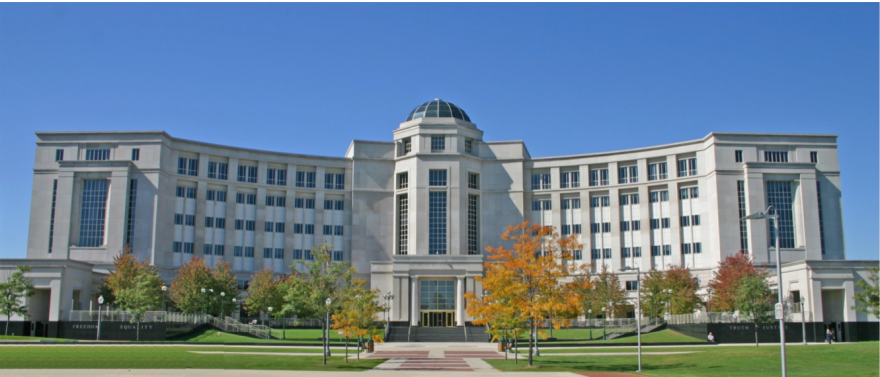On Tuesday, the Michigan Supreme Court published a per curiam opinion in an eminent domain case. At issue was whether a condemning agency may appeal as of right a trial court’s determination that the agency’s proposed acquisition fails to satisfy the requirement of public necessity. Here is a brief description of this relatively straightforward and interesting case.
Background:
Consumers Energy Company initiated this case by suing to condemn a portion of Brian and Erin Storm’s property for a power-line easement. At the trial court, the Storms successfully challenged the public necessity of Consumers’ taking under MCL 213.56. Consumers appealed as of right.
At the Court of Appeals, the Storms moved to dismiss for lack of appellate jurisdiction. They argued that under MCL 213.56(6), a condemning agency can appeal a trial court’s public-necessity determination only by leave of the court. The Court of Appeals agreed, and Consumers appealed to the Michigan Supreme Court.
Issue Presented:
At the Supreme Court, the issue presented was whether MCL 213.56(6) limits a condemning agency’s ability to appeal as of right a trial court’s ruling that a proposed acquisition fails to satisfy the public necessity requirement.
The statute:
This case turned primarily on the following statutory language:
(5) The court’s determination of a motion to review necessity is a final judgment.
(6) Notwithstanding [MCL 600.309*], an order of the court upholding or determining public necessity or upholding the validity of the condemnation proceeding is appealable to the court of appeals only by leave of that court pursuant to the general court rules. In the absence of a timely filed appeal of the order, an appeal shall not be granted and the order is not appealable as part of an appeal from a judgment as to just compensation.
MCL 213.56.
*MCL 600.309 provides that, with limited exception, “all appeals to the court of appeals from final judgments or decisions permitted by [the Revised Judicature Act] shall be a matter of right.”
Ruling:
The Supreme Court reversed, ruling that a condemning agency may appeal as of right the trial court’s determination that a taking fails to satisfy the public necessity requirement.
The opinion primarily dealt with the statutory text, which (in my view) is relatively clear. As background, a final judgment or decision is generally appealable as a matter of right. Subsection (6) provides an exception to that rule, requiring leave to appeal an order of the trial “upholding or determining public necessity or upholding the validity of the condemnation proceeding.” The Supreme Court concluded that each of the enumerated circumstances in that sentence concerns a situation in which the condemning agency prevailed at the trial court (establishing public necessity) and the property owner appeals. (For what it’s worth, I agree.)
The Court of Appeals got hung up on the phrase “an order of the court … determining public necessity,” which it concluded refers to “both an order determining that public necessity justified an acquisition and an order determining that no public necessity justified the acquisition.” Consumers Energy Co. v. Storm, 334 Mich. App. 638, 646 (2020) (emphasis in original). The Supreme Court dismissed this reading, reasoning that “[i]f the Legislature intended the phrase ‘an order of the court . . . determining public necessity’ to also mean an order determining that there is no public necessity, it is fair to expect that the Legislature would have said so explicitly.” Op. at 4 (emphasis in original).
The Supreme Court also reasoned that the subsequent sentence—which states that an untimely appeal should not subsequently be “appealable as part of an appeal from a judgment as to just compensation”—presupposes that there is a subsequent judgment as to just compensation. But if—as here—the condemning agency loses the public necessity challenge, then there is no taking and thus no subsequent judgment as to just compensation.
The Supreme Court’s decision also makes sense from a policy perspective (as much as we—eminent domain specialists who exclusively represent landowners—hate to admit it). Michigan has a “Quick Take Statute” that is specifically intended to allow condemnors “to quickly obtain title so that public projects can proceed without the delays of normal civil litigation.” Goodwill Community Chapel v. Gen. Motors Corp., 200 Mich. App. 84, 87–88 (1993). Subsection (6) serves to expedite the process by permitting appellate review only by leave of the court. By contrast, it would not make sense for this provision to apply to the condemning agency. If the agency fails to establish public necessity at the trial court, then the project cannot move forward and there is nothing to delay.

